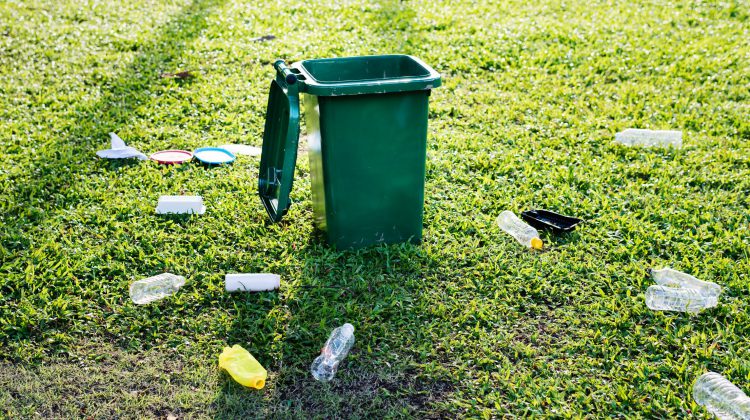COTTAGE COUNTRY, ON – With concerns over climate change and environmental issues at the forefront of society, Ontario is trying to do its part.
The province announced in a release that it will establish the first official day focusing on cleaning up litter.
The first annual Day of Action on Litter will be May 12, 2020, just three weeks after Earth Day.
MPP Andrea Khanjin said by coming together, communities can keep the environment free of litter and waste.
“That’s why our government is establishing Ontario’s first Day of Action on Litter to help keep our province clean and beautiful now and for future generations,” Khanjin said in the release. “We look forward to working with communities to promote environmental stewardship and bring clean-up activities to schools, neighbourhoods and municipalities across the province.”
Minister of the Environment, Conservation and Parks, Jeff Yurek, said the Day of Action on Litter adds to the province’s Made-in-Ontario Environment Plan. He said it is key to reduce litter and waste in communities, while encouraging meaningful local environmental actions, and keeping the province clean and beautiful.
Yurek added that Ontario residents are passionate about keeping the province’s nature and communities litter-free. He said the government will continue to support and encourage environmental action.
“We will be working with partners, communities and businesses from across the province to help make this day a success and encourage everyone to participate in local clean-up events,” Yurek said in the release. “This is an opportunity for all of us to do our part to keep Ontario clean and to raise awareness of the need to reduce how much waste we produce.”
According to the province, Ontario generates almost one tonne of waste per person each year. On a positive note, it added that every 1,000 tonnes of waste diverted from landfills generate seven full-time jobs, over $350,000 in wages and more than $700,000 in gross domestic product.
Plastic pollution seems to be the biggest problem. The release said 80 per cent of litter collected along the Great Lake shorelines is plastic.





